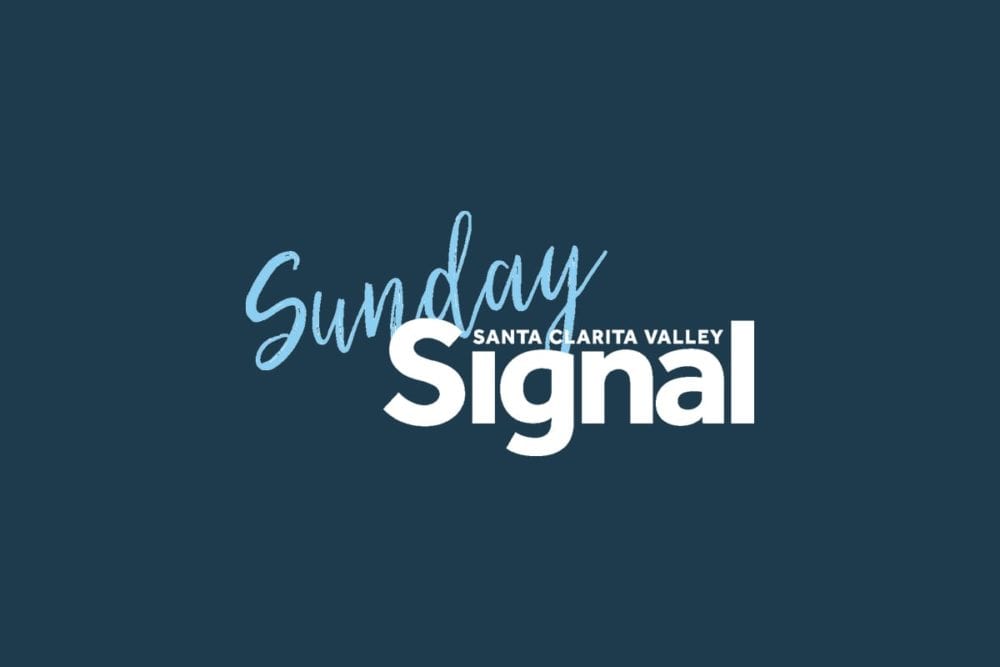I was busily shopping at Baby Gap the other day. I had three youngsters to buy for — a birthday boy, a newborn and my grandson just for no reason. Eagerly scouring the sale rack, juggling sizes and matching shirts with shorts, my arms were laden with outfits. Suddenly a woman peeked around a wall and we stared face to face, surprising us both. She blurted “Hi.” I responded,“Hi,” and then she disappeared.
I dismissed the incident, assuming she was looking for someone, when a few minutes later she returned and said, “Here, take this 40 percent-off coupon. I won’t use it.” I was touched by her generosity and initially declined to accept it. But she insisted that she didn’t need anything and couldn’t use the coupon which expired the next day. As I gratefully accepted it, she asked who I was buying for. Then she handed me a second coupon. “Really.” she said, “There’s no one I’m shopping for. Please use them both. Blessings to the children.”
When I related this touching interaction to my daughter, she said, “Now you need to pay it forward, mom.” You know the idea. Rather than paying back a favor, you pay it forward to someone else.
Paying it forward became popularized in 2000 when Catherine Ryan Hyde’s novel by the same name was made into a movie. It’s an appealing notion that engaging in acts of kindness could promote a sort of chain reaction and potentially alter the lives of others and even our cultural environment.
Kindness is becoming a worldwide movement, which started in Japan in 1963 after the president of Tokyo University was mugged in a public place and no one helped him. He started a movement calling for bravery in small acts of kindness that he hoped would spread throughout Japan.
Fast-forward to 1998, World Kindness Day was formed by the World Kindness Movement. According to Michael Lloyd-White, CEO of World Kindness USA, kindness turns on your radar and you start to notice things, start to see where your engagement can make a difference. It involves leaving your comfort zone and doing something you don’t necessarily want to do. He says there is no act of kindness that is not tempered by courage.
Engaging in kindness provides so many benefits. According to the British Journal of Social Psychology, those who performed a daily act of kindness experienced a “significant” boost in happiness, compared to those who did nothing kind. Kind acts improve energy and self-esteem; decrease depression, anxiety, stress and blood pressure; and even enhance life span.
Compassion, cooperation and kindness are central to healthy community functioning and are the threads that hold our social fabric together.
As seniors, we are in a particularly advantageous position to be of service to others. Retirement affords us more discretionary time to volunteer, share and be active in our community. Our life experience is valuable and can have a transforming effect on others. Our kindness can surprise and delight others, like the perfect stranger who made an impact on me. The Dalai Lama says, “Be kind whenever possible. It is always possible.”
Mary Petersen is a retired COC English instructor, 30-year SCV resident and two-time breast cancer survivor.













